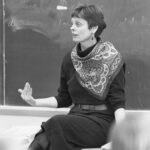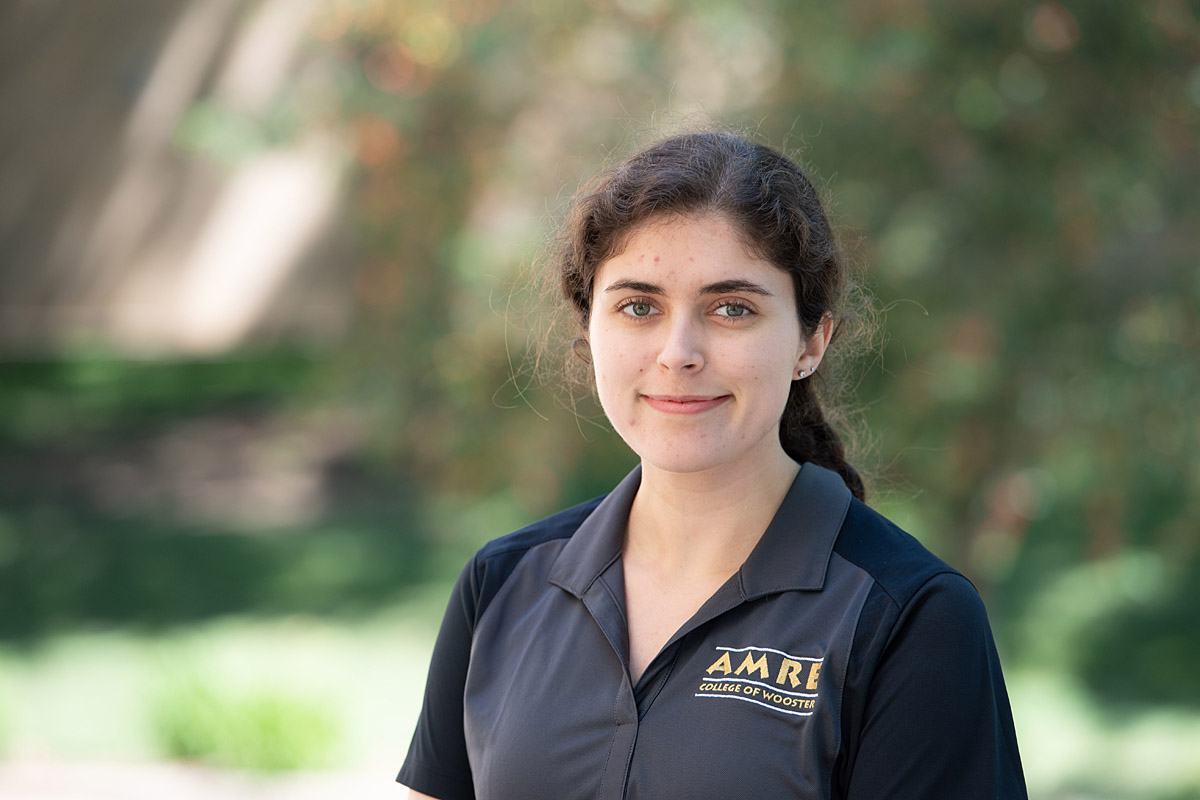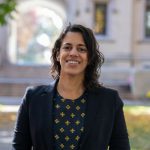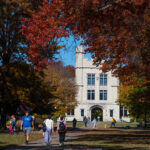
Two More Fulbright Awards Go to Wooster Students, Bringing Total to Four This Year

WOOSTER, Ohio – Two more College of Wooster graduates, separated 10 years apart—Joe Besl ’09 and Erin Tupman ’19—have been selected as awardees of the prestigious Fulbright U.S. Student Program, bringing Wooster’s count this year to four. Besl is headed to the University of Saskatchewan where he’ll pursue research on water issues and climate change in northern Canada, while Tupman will be continuing her research on Russian literature, specifically famed playwright Aleksandr Vampilov, in Irkutsk, Siberia.
Emani Kelley ’19 and Burke Poeting ’19 were previously announced as Fulbright winners, each earning English Teaching Assistantships to Spain and Germany, respectively, and the four honorees in 2019-20 is believed to be a Wooster record and will make Wooster a “top Fulbright-producing institution in the U.S. for the 2020-21 competition,” according to David McConnell, professor of sociology and anthropology and co-chair of Wooster’s Fulbright committee.
Tupman, from Fishers, Ind., was accepted into a Ph.D. program in Slavic languages and literatures at Princeton University, but will now take a gap year via the Fulbright. Her research is actually an extension of sorts of her senior Independent Study, “The Memorialization and Legacy of the Soviet Playwright Aleksandr Vampilov in the Irkutsk Region,” a deep exploration of the late playwright’s dramatic and prosaic works and his places of residence.
Vampilov is described as a “wonderful dramatist … but not very well studied in English-language academia” by Tupman, and as a Fulbright research grantee, she’ll also be examining “his friends and schoolmates because they created a golden age of journalism in literature within the city.” She also added “it’s almost an anthropological project because you’re trying to see how they influenced the city and how the city influenced them.”
At Wooster, Tupman majored in Russian studies with a minor in comparative literature, and immersed herself in the Russian language and culture via two study abroad experiences, one to St. Petersburg and the other to Siberia the fall of her junior year, the latter launching her profound interest in Vampilov as well as the region. Whereas Siberia is often likened to a vast area of extreme cold and prison camps, Tupman has witnessed a “really vibrant, interesting culture” with “abundant natural resources” and she hopes “to build an academic career (in part) around dispelling that notion because there’s also a warm and welcoming culture that gets shoved under the table by prison literature.”
Since graduating from Wooster, Besl, who majored in communication studies with a minor in geology, has taken a unique path to his Fulbright Canada award. The Cincinnati native briefly worked at a state park in Kentucky, then was a traveling trainer for Leave No Trace, a non-profit environmental awareness organization, and most recently, spent five years at the University of Alaska Anchorage, writing student profiles, faculty research stories, and more for the office of advancement.
There, Besl may have discovered his true calling in the form of environmental communication. “Alaska is on the forefront of climate change research. There are areas that are really seeing the effects where permafrost is melting. It’s interesting how much change is happening, and I really enjoyed writing those faculty research stories,” he said.
In Saskatchewan, Besl expects to be able to merge two of his passions—climate change research and scientific writing—while being enrolled in a 10-month, project-based thesis program. He will take graduate classes for most of the academic year, then will be matched up with a local organization in the summer of 2020. “Water security is obviously important, and it will become more and more important in the future, so I look forward to engaging in that research and reporting on it,” he added.
The Fulbright U.S. Student Program is the largest U.S. exchange program and offers research, study, and teaching opportunities in over 140 countries for students and young professionals. Sponsored by the federal government, the program was established in 1946 in an effort to increase mutual understanding between the people of the U.S. and citizens of other countries. Students are chosen on the basis of academic merit and leadership potential. They are then given the opportunity to study, teach, conduct research, share ideas, and contribute to finding solutions to shared international concerns.
Posted in News on June 27, 2019.
Related Posts
Related Areas of Study
Russian Studies
Build language skills and take an interdisciplinary approach to learning the history, literature, and culture of Russia.
Major MinorCommunication Studies
Be an effective listener, writer, and speaker who can think critically and connect with audiences
Major MinorCommunication Sciences & Disorders
Start the path toward a career in audiology or speech language pathology through coursework and clinical experiences.
Major Minor

